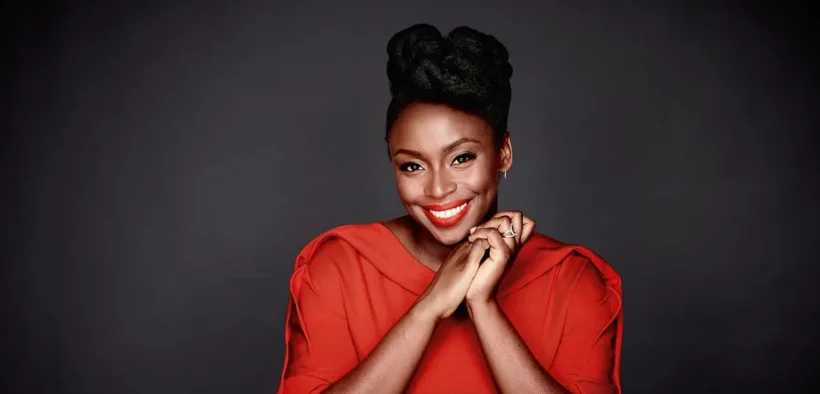Chimamanda Ngozi Adichie Turns 48: The Writer Who Changed How We Tell Stories
Share

Today, Nigerian author Chimamanda Ngozi Adichie celebrates her 48th birthday. As a journalist who has followed her career, I can say she’s one of the most important writers of our time.
Why She Matters
Adichie burst onto the literary scene with Purple Hibiscus in 2003. But it was her 2013 novel Americanah that really put her on the map globally. The book made over $1 million in its first year and has been translated into 30+ languages.
Her TED talk “The Danger of a Single Story” has 27 million views. When Beyoncé used her words in “***Flawless,” millions more people discovered her ideas about feminism.
Her books sell well and win awards. Half of a Yellow Sun won the Orange Prize in 2007. But more than that, she’s changed conversations about Africa, race, and women’s rights.
Major brands like Dior work with her. Universities teach her books. Her essay “We Should All Be Feminists” is required reading in many schools.
What Makes Her Different
As a Black journalist, I see how Adichie writes about African experiences without explaining them away or making them seem exotic. Her characters are real people dealing with real problems. She doesn’t write “African stories” – she writes human stories that happen in Africa.
She talks about racism in America from an African woman’s perspective. She discusses feminism without ignoring how it looks different in different cultures.
Her Impact
At 48, Adichie has shown young Black writers, especially women, that you can be successful while staying true to your culture. You don’t have to water down your stories to find readers.
She’s proven that the world wants African stories – they just needed to be told by African writers.
Today, as she turns 48, we celebrate not just a successful author, but someone who opened doors and changed minds. She reminded us that every person’s story matters, and that the best way to fight stereotypes is to tell better stories.


















